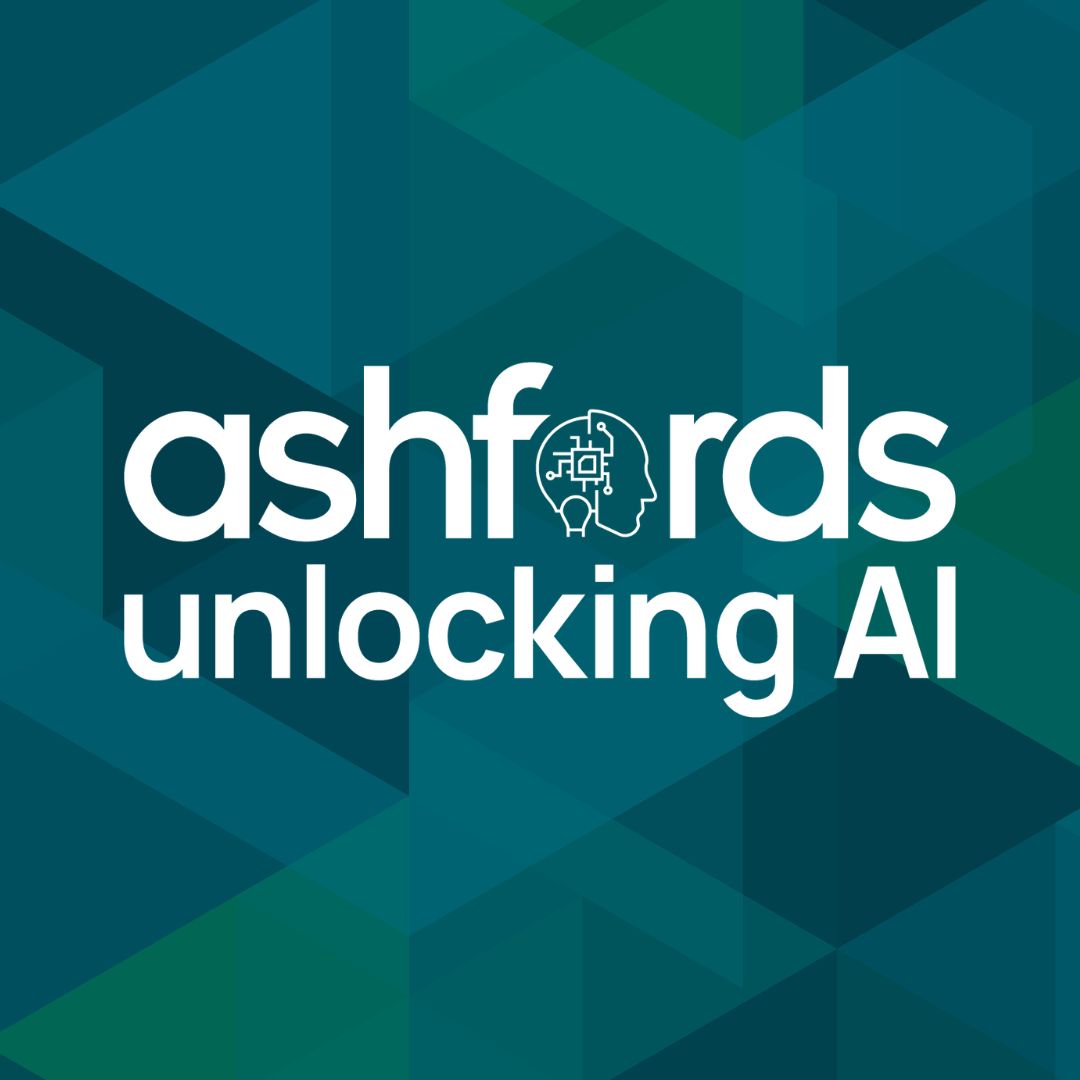How can AI affect venture capital (VC) and due diligence (DD)? From the benefits to the drawbacks, in this article we investigate the topic and break down the key points.
There are multiple stages involved in a venture capital investment and AI could be utilised at every stage, from initial screening to investment and ultimately a successful exit. Using AI at DD stage for a venture capital investment would:
The analysis of data in a virtual data room (VDR) for a venture capital investment is a little different to that of a mergers and acquisitions (M&A) deal. This is because although the investors are receiving equity in return for investing a defined sum into an early stage company, the investors are not assuming all the liabilities of the target company.
DD is often therefore based on key areas that may impact the company’s success and growth and the investor’s return on investment. AI tools in venture capital DD could therefore be seen as a sophisticated method of risk management. As well as notifying our lawyers and the venture capital firm of red flags from an analysis of financial and commercial documents, the AI tools could also use predictive analytics to forecast further potential risks to an investment. This could enable an investor to keep a strong pipeline with regard to its portfolio performance. In addition to this, it could allow us as lawyers to understand in which direction a particular market is being led and how our investment documents may change according to market standards.
AI could also impact the initial DD that a venture capital firm undertakes, to make the final decision on who it wishes to progress to heads of term stage and ultimately investment. Machine-learning AI tools could assist the initial due diligence phase with analysis of the business models of prospective companies, employee movement and historic data. This will provide the potential investor with a comprehensive picture of the company’s market position, strengths and weaknesses.
As lawyers, we are most heavily involved in the direct analysis of documents in a VDR and drafting and negotiating the investment documents. However, we and the investors need a thorough understanding of the target company, to appreciate the balance between reward and risk pertaining to a potential investment. An AI tool could provide us with the key information we need in a shorter timeframe, to finalise and sign heads of terms and progress with the core investment terms.
The algorithms used by AI tools in their analysis of market position and consumer appetite can also generate patterns of information, that manual reviews by lawyers or other advisors may not generate. The power of these tools can allow investors to capitalise on emerging markets with the most potential, but also enable them to match potential early stage companies with the investor’s particular investment preferences, such as a company with strong ESG credentials aiming for B Corp status.
AI in venture capital DD could further be used to remove reliance on a human network, being a network used to receive referrals from others in the industry, or generate relationships through meeting other venture capital investors and founders. Although traditional, this human referral approach is not evidence-based like AI and is not obtaining leverage from data analysis in order to make an informed decision with greater reliance on data and less exposure to risk.
The venture capital industry relies heavily on human interaction and developing relationships between founders and investors. Even if an AI tool could analyse the personality traits of founders, or provide a report on the attributes of the team from different early stage companies, it is unlikely to replace interactions between founders, lawyers and investors to navigate the requirements of the investment. It is also unlikely to work through risk areas with appropriate context and fully automate the human decision-making process.
AI could also have algorithmic biases that effectively give the same weighted result as a personal bias or subjective view from an investor. We need a deeper understanding of the volume of data that the AI tool is analysing and compartmentalising. This is to ensure that it isn’t producing a biased result that could be avoided by a manual review of such documents and data by a team of analysts at a venture capital firm and by us as Corporate lawyers.
Our reference to AI as a tool is intentional. It cannot replace the final decision-making from investors, but should be seen as an additional string to an investor’s bow to make an informed choice and for AI, investors and lawyers to work alongside each other to create the desired reward for investors balanced against a high degree of risk.
If you are interested in how AI will change business and the law, visit and bookmark our Spotlight AI hub for more AI insights. The Hub brings together commentary from Ashfords’ experts, our clients and our contacts across a wide range of areas; looking at how AI might impact as its use evolves.
Please do also get in touch if there are any specific areas related to AI that you’d be interested in hearing more about.
Visit our AI spotlight area